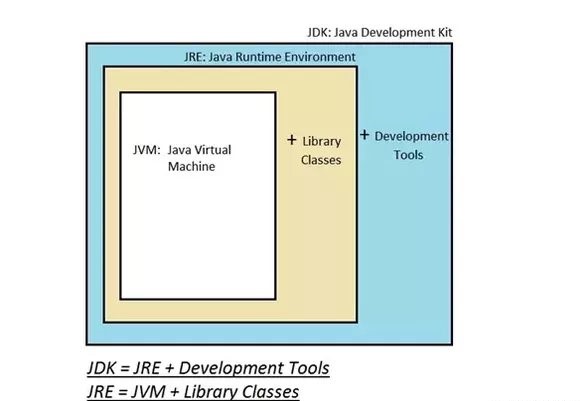When it comes to Java development, choosing the right development kit is crucial. Two popular options are the Java Development Kit (JDK) and OpenJDK. In this article, we will explore the differences between these two JDK vs. OpenJDK development kits and help you make an informed choice for your Java projects. Let’s dive in.
JDK (Java Development Kit)
Java Development Kit (JDK) is a product developed and maintained by Oracle Corporation. It is the official implementation of the Java Platform, Standard Edition (Java SE), and provides all the necessary tools, binaries, and libraries to develop and run Java applications.
Key Features of JDK:
- Rich Set of Tools: JDK includes a comprehensive set of tools for Java development, including the Java Compiler (
javac), debugger (jdb), and various utilities. - JavaFX: JDK includes JavaFX, a platform for creating rich internet applications, which allows developers to build interactive and visually appealing user interfaces.
- Commercial Support: Oracle offers commercial support for JDK, making it a suitable choice for enterprise-level applications.
GitHub and Bitbucket: A Side-by-Side Analysis for Optimal Version Contro
OpenJDK
OpenJDK, on the other hand, is an open-source implementation of the Java Platform, Standard Edition (Java SE). It is a community-driven project that is freely available and widely used in the Java development community. OpenJDK serves as the reference implementation for Java SE specifications.
Key Features of OpenJDK:
- Open Source: OpenJDK is released under the GNU General Public License (GPL), making it a free and open-source alternative to Oracle JDK.
- Community-Driven: OpenJDK is maintained and developed by a diverse community of developers and organizations, fostering transparency and collaboration.
- No Cost: OpenJDK is available at no cost, making it an attractive option for projects with budget constraints.
Comparison Table: JDK vs. OpenJDK
| Feature | JDK | OpenJDK |
|---|---|---|
| Developer | Oracle Corporation | Community-driven |
| Licensing | Commercial (with options) | Open-source (GPL) |
| Cost | Requires licensing fees | Free |
| Rich Set of Tools | Yes | Yes |
| JavaFX Support | Yes | No (JavaFX is separate) |
| Commercial Support | Available | Community support only |
| Updates and Patches | Regularly updated | Regularly updated |
Which One Should You Choose?
The choice between JDK and OpenJDK depends on your specific needs and circumstances. Here are some considerations:
- If you require commercial support, especially for large-scale enterprise applications, Oracle JDK may be the better choice due to its available support options.
- If cost is a concern, OpenJDK is a cost-effective option, as it is open-source and freely available.
- For community-driven projects or those involving open-source software development, OpenJDK aligns well with the ethos of open collaboration.
- Keep in mind that both JDK and OpenJDK are regularly updated with security patches and improvements, ensuring the reliability and security of your Java applications.
JDK vs. JRE: Understanding the Java Development Kit and Java Runtime Environment
Here are some FAQS based on JDK and OpenJDK
Q1: What sets apart a Java version from an OpenJDK version?
A1: The distinction between a Java version and an OpenJDK version lies in their origins. Java versions are typically linked with Oracle and may encompass commercial features, whereas OpenJDK versions are open-source implementations of Java without any associated licensing costs.
Q2: Which JDK is the most suitable for Java development?
A2: The choice of the best JDK for Java development hinges on your specific requirements. Oracle JDK is a robust choice for commercial applications with accessible support, whereas OpenJDK is well-suited for open-source projects and cost-conscious endeavors.
Q3: Which JDK demonstrates superior performance?
A3: The performance of a JDK is contingent on factors such as hardware, optimization, and the particular use case. Both Oracle JDK and OpenJDK strive for high performance and regularly release updates to enhance efficiency.
Q4: Is OpenJDK essentially a version of Java?
A4: No, OpenJDK is not a distinct version of Java; rather, it serves as an open-source implementation of the Java Platform, Standard Edition (Java SE). It functions as a reference for Java specifications and can be employed as a Java development kit.
In conclusion, the choice between JDK and OpenJDK should be based on your specific project requirements, budget, and support needs. Both options are capable of helping you develop robust and secure Java applications, so you can choose the one that best aligns with your goals and values in the world of Java development.












